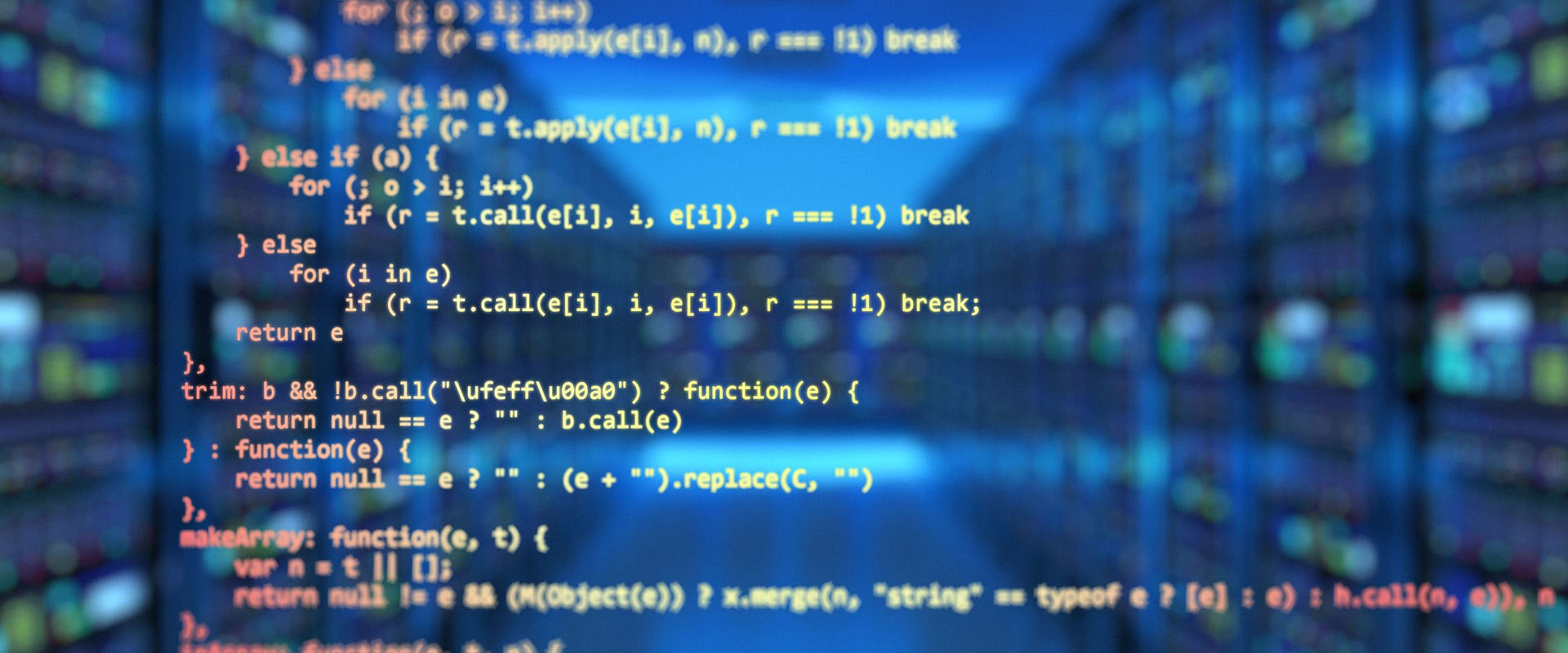DeepSeek, a relative newcomer to the artificial intelligence space, is making waves in the industry due to its performance, affordability, and growing popularity. Founded less than two years ago by Chinese hedge fund High Flyer and introduced to U.S. markets in late 2024, DeepSeek has quickly challenged established giants such as OpenAI, Meta, Google, and Anthropic. Its rapid rise has raised suspicions that DeepSeek may have improperly used OpenAI’s proprietary technology to develop its product. Ludwig APC is closely monitoring these developments and their potential impact on the intellectual property space so we can keep clients informed and prepared for emerging issues.
Entry into the U.S. Market
DeepSeek entered the U.S. market by partnering with U.S.-based cloud service providers to offer enterprise clients affordable AI solutions for tasks such as data analysis, natural language processing, and predictive modeling. The January 2025 launch of its consumer-facing AI assistant app quickly gained traction, and by January 27, it had overtaken ChatGPT as the top-rated free app on Apple’s App Store. This not only delivered a financial blow to U.S. tech firms, which saw a noticeable dip in their stock prices, but also attracted the attention of U.S. policymakers.
Just how has DeepSeek been able to outperform other leading AI models at a fraction of the development cost, and so quickly?
To illustrate, OpenAI’s models required tens of billions in investment, while DeepSeek reportedly trained its R1 AI product for just $6 million. This extraordinary cost efficiency is at the root of speculation that DeepSeek’s rapid ascent may have involved the misuse of proprietary technology.
DeepSeek defends its rapid development by highlighting innovative techniques, resource optimization, and iterative advancements. However, some industry experts suspect the company may have used distillation techniques—machine learning to create a smaller, more efficient version of a large, complex model—to replicate proprietary technology. They also question the accuracy of DeepSeek’s claims regarding its low development costs, calling them exaggerated.
Stricter IP Enforcement and Regulation
While innovation is welcomed by the AI industry and consumers, if the allegations against DeepSeek are proven true, they could have far-reaching implications for IP protection and regulatory policies related to AI.
- Heightened Security Measures: Companies may need stronger internal controls to safeguard algorithms, models, and training data through enhanced encryption, stricter access protocols, and thorough employee vetting.
- Cross-Border IP Enforcement: Differences in U.S. and Chinese IP laws could intensify international disputes, leading to stricter oversight of cross-border technology sharing and trade.
- Increased Litigation: A precedent for aggressive legal action against companies suspected of IP misuse could deter future violations.
- Unified Global Standards: Growing concerns about unethical practices in AI development could push for global regulations to protect innovations and prevent misuse or theft. For example, regulators may require AI companies to document and audit training processes and data sources to ensure compliance with IP laws.
Implications for the AI/IP Market
Beyond the immediate questions surrounding DeepSeek’s practices, its rise signals both challenge and opportunity in the U.S. and abroad.
- Increased Competition: DeepSeek introduces a formidable competitor, potentially driving innovation and reducing costs for users of AI models.
- IP Concerns: DeepSeek’s open-source approach appeals to developers but raises the risk of replication or reverse engineering.
- Regulatory Scrutiny: U.S. regulators may impose stricter oversight on foreign AI companies, increasing compliance burdens for all market players.
- Collaborative Opportunities: DeepSeek’s presence could open avenues for joint ventures and partnerships, benefiting both U.S. and international firms.
- Investment in R&D: To maintain leadership, U.S. companies must continue prioritizing research and development, ensuring sustained innovation.
How Ludwig APC Can Help
DeepSeek’s rise highlights China’s growing capabilities in AI and its potential to challenge U.S. dominance. While this introduces new challenges for the U.S. AI/IP market, it also presents opportunities for innovation, collaboration, and growth.
If you have questions about how DeepSeek or other AI products might affect your business and/or IP properties, or you need guidance on how to navigate the evolving AI/IP space, Ludwig APC is here to help.
Let’s Work Together: Global Experience, Personal Focus
Contact Ludwig APC today at (619) 929-0873 or consultation@ludwigiplaw.com to arrange a free consultation to discuss your needs.



